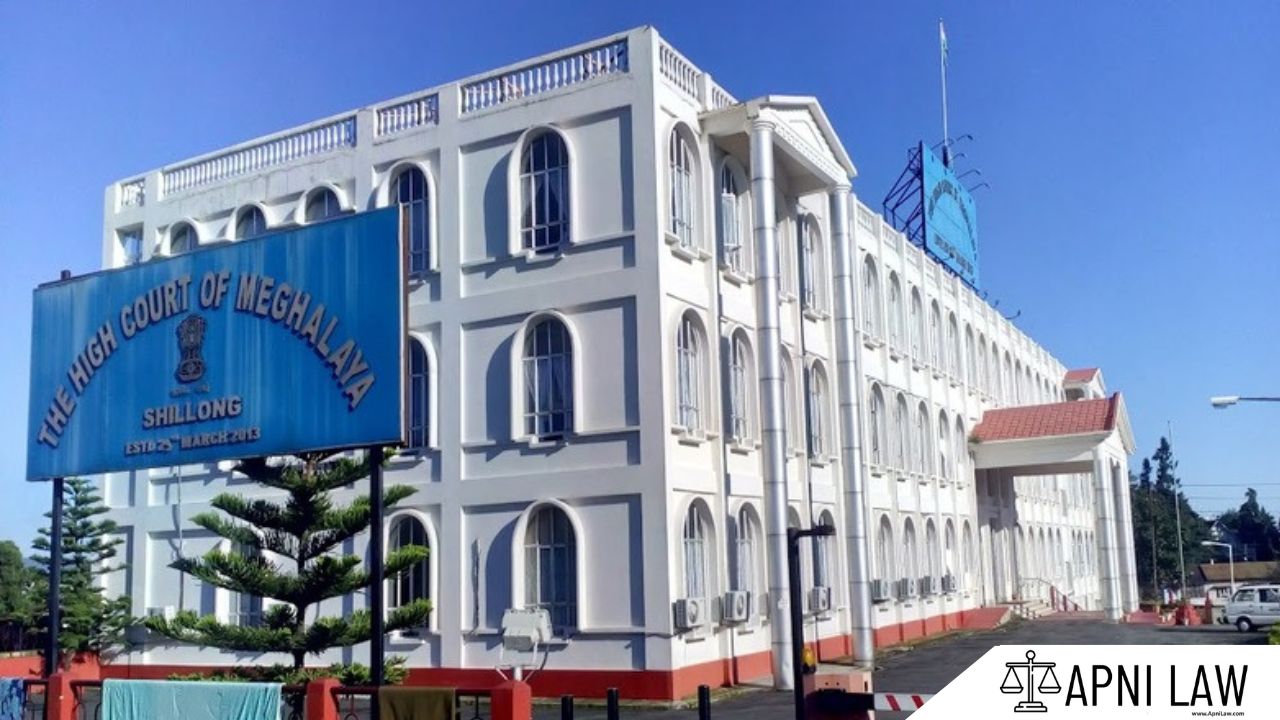Code: Section 267 BNS
Whoever, intentionally offers any insult, or causes any interruption to any public
servant, while such public servant is sitting in any stage of a judicial proceeding, shall be
punished with simple imprisonment for a term which may extend to six months, or with fine
which may extend to five thousand rupees, or with both.
Explanation of Section 267 BNS
Section 267 of the Bharatiya Nyaya Sanhita (BNS), 2023, is designed to protect the sanctity and order of judicial proceedings. It criminalizes any intentional insult or disruption directed at public servants—such as judges, magistrates, or other judicial officials—while they are performing their duties in a courtroom.
Key Elements:
- Intentional Insult or Interruption:
- This includes verbal abuse, offensive gestures, shouting, or any form of disrespect aimed at judicial officials.
- It also covers disruptive actions like repeatedly interrupting proceedings, causing disturbances, or any behavior that interferes with the smooth conduct of justice.
- Punishment:
- Simple Imprisonment: Up to six months.
- Fine: Up to ₹5,000.
- Or Both: The Court has the discretion to impose one or both penalties depending on the severity of the act.
The law emphasizes maintaining respect for judicial authorities to ensure justice is delivered without unnecessary disruptions.
Illustration
Example 1: Verbal Abuse in Court
- Scenario: A person shouts offensive and disrespectful remarks at a judge during a court session, causing a disturbance.
- Outcome: The individual can be charged under Section 267 BNS and may face up to six months of imprisonment, a fine of ₹5,000, or both.
Example 2: Disruptive Behavior During Trial
- Scenario: A person repeatedly interrupts the examination of a witness with loud comments, disrupting the proceedings.
- Outcome: This behavior qualifies as an intentional interruption under Section 267 BNS, leading to potential legal penalties.
Common Questions and Answers on Section 267 BNS
1. Who is considered a public servant under Section 267?
- Answer: A public servant in this context refers to judicial officers like judges, magistrates, and other officials performing judicial functions.
2. What counts as an “intentional insult” in a courtroom?
- Answer: Any act of verbal abuse, offensive language, disrespectful gestures, or actions meant to demean or disrespect a public servant in the courtroom.
3. Can non-verbal actions be punished under this section?
- Answer: Yes, non-verbal actions such as disruptive gestures, loud noises, or any behavior intended to disturb court proceedings can be penalized under Section 267 BNS.
4. Is there a difference in punishment for minor vs. serious disruptions?
- Answer: While the maximum punishment is defined, the Court will consider the seriousness of the offense when deciding the exact penalty.
Conclusion
Section 267 of the Bharatiya Nyaya Sanhita (BNS), 2023, plays a critical role in preserving the dignity and decorum of judicial proceedings. It discourages any form of disrespect or disruption towards public servants engaged in judicial functions, ensuring justice is administered smoothly and without interference.
For more legal insights, visit ApniLaw. 🚀











